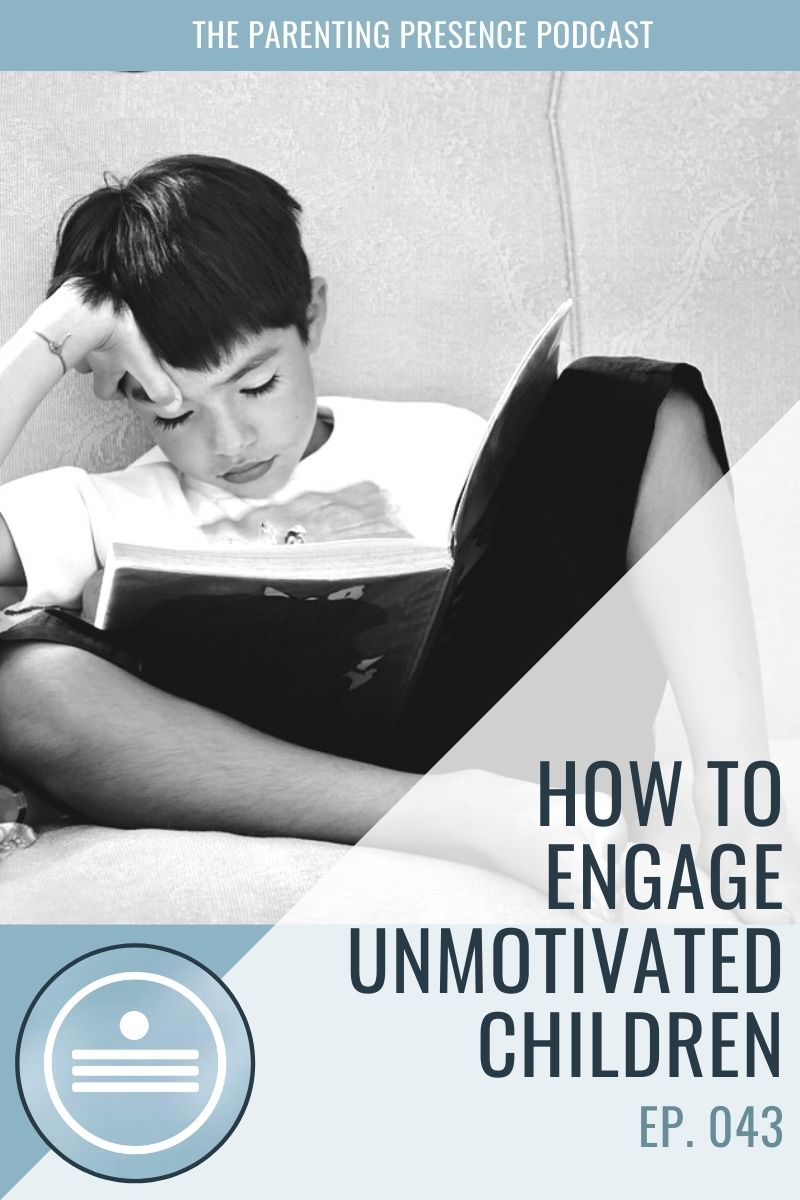
There are many reasons why we see unmotivated children. Although we can wish they showed enthusiasm and initiative for everything they do, it’s not happening. There is no quick fix, but we can help kids be more motivated. All we have to do is to understand the 7 Basic Principles of motivation.
It is frustrating when kids don’t do anything. Sometimes it is hard to tell why, because there are many reasons we see unmotivated children. You’ll have to do some thinking… Is your child simply bored? Are they lazy? Are they procrastinating and are not enthusiastic?
How do we resolve a lack of motivation in our children?
Part of helping them along is helping ourselves work with our feelings. We have to show up with the right attitude. It is not enough to be frustrated with our children or be disappointed in them. Although the feelings are completely justified, they do not make things happen. To see more motivated children, we need to put in a bit of effort to help them.
What To Do With Unmotivated Children
There is no quick fix, but there is a solution. First we need to understand that developing independence is a developmental process that takes time. But we can and should facilitate it. We can help unmotivated children get engaged and to specific tasks they need to do.
Of course you can try and use a trick — such as natural consequences (positive or negative) — to encourage the child to complete tasks. But although using natural consequences it is OK, it is a short-lived strategy. It will get a task done, but it will not lead to a child developing a sense of autonomy and motivation.
Initiative and independence — are internal states driven by internal motivation.
This means that creating external rewards is not going to develop internal drivers for action, such as initiative and autonomy. So how do you motivate a child who does not show motivation?
The 7 Basic Principles of Motivation
There are 7 basic principles behind motivation for non-preferred tasks. If you put these into practice, you will see a huge difference. If you ignore them, you are more likely to face resistance from your child and see more “lazy” behavior or avoidance of particular tasks. So keep these in mind as you encourage your child to be more willing to take action:
- Humans like to do things that make them feel good.
- No one likes negative consequences. So don’t overdo it.
- Timing is everything.
- Model what you’d like to see.
- Choice is everything.
- Ability is key.
- Done is better than perfect.
We discuss these principles and look at some examples to see how they apply. While these principles are a grate place to start, we have to be mindful of our own expectations. How reasonable are our expectations? This is something we have discussed in Episode 035.
For example, would you rather have some things done? Or would you rather it be perfect? If you want both, and the task is a non-preffered task for the child — you may not get either. Principle number 7 helps us see that. Tune in for the full discussion and share the episode with others you know.
